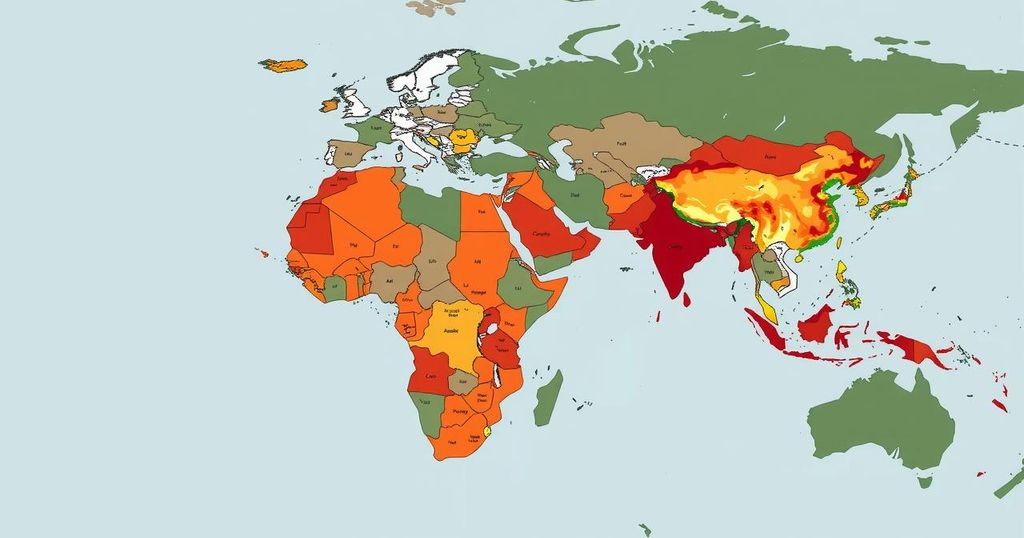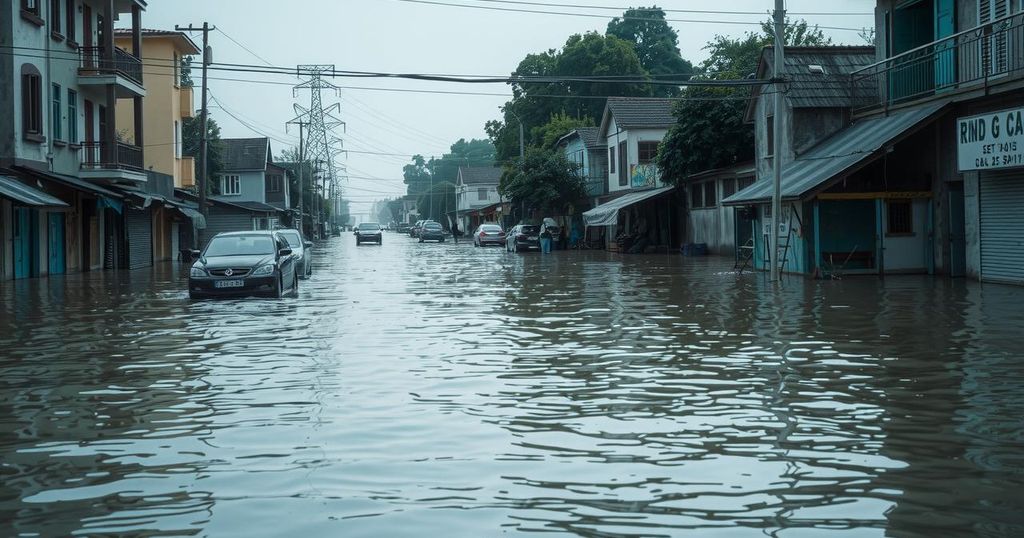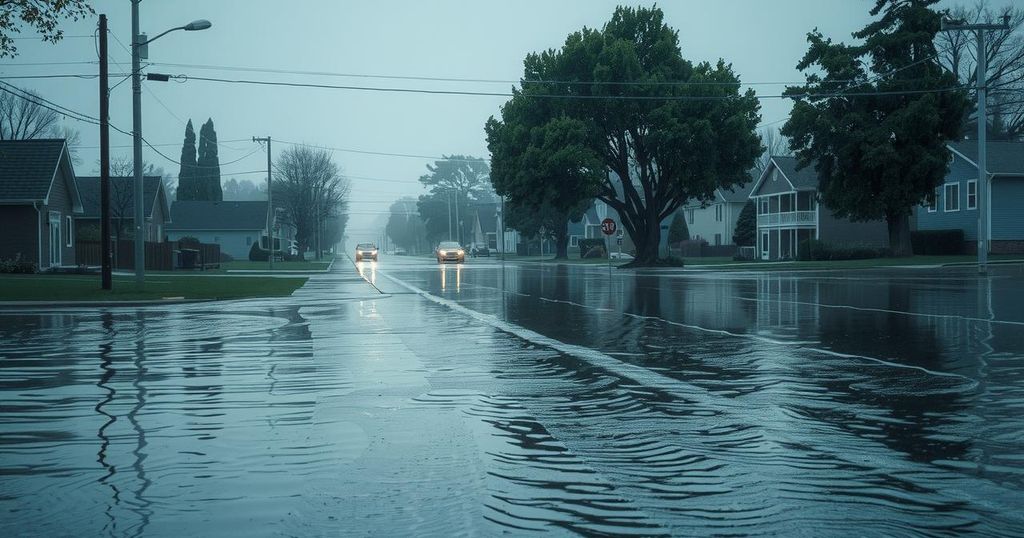Assessing African Countries’ Vulnerability and Readiness to Climate Change
The 2021 Vulnerability and Readiness to Climate Change Index in Africa highlights the varied resilience levels of countries against climate impacts. This index underscores the need for targeted strategies to support vulnerable nations while identifying those ready to combat climate challenges. Insights from this analysis are crucial for informing policy-making and enhancing resource allocation for climate adaptation efforts across the continent.
The 2021 Vulnerability and Readiness to Climate Change Index in Africa presents an assessment of various countries on their susceptibility to climate impacts and their capacity to respond effectively. The analysis is framed under the ND-GAIN Index, which evaluates performance across multiple dimensions, including infrastructure, social and economic stability, and ecological resilience. This index offers critical insights into identifying regions that are at higher risk and those that demonstrate readiness to confront climate challenges, ultimately guiding policy decisions and resource allocation for climate adaptation strategies across the continent.
The statistics reveal disparities among African nations, with countries exhibiting varying levels of vulnerability and readiness. For instance, nations with lower scores indicate profound risks associated with climate change due to insufficient adaptive capacity and higher socio-economic vulnerabilities. Conversely, those countries with higher scores demonstrate improved access to resources and more robust systems in place to mitigate the impacts of climate events, showcasing the necessity for continuous support and investment in adaptation efforts.
Climate change poses significant threats globally, with Africa being particularly vulnerable due to its socio-economic conditions and environmental challenges. The ND-GAIN Index serves as a tool for measuring the resilience of countries against climate change while assessing their readiness to adapt and respond to its impacts. Understanding these vulnerabilities can help direct international aid, formulate local strategies for resilience, and bolster community efforts geared towards sustainable development amid changing climatic conditions. The data presented in the 2021 index facilitates informed decision-making regarding climate adaptation and disaster risk management across African states.
In conclusion, the 2021 Vulnerability and Readiness to Climate Change Index provides critical data essential for understanding Africa’s varied climate challenges. Countries with lower index scores are at greater risk and require targeted interventions for support, while higher-scoring nations show a pathway of resilience and capacity-building. Continuous research and data collection will be paramount in adapting to climate change effectively and ensuring sustainable development across the continent.
Original Source: www.statista.com




Post Comment